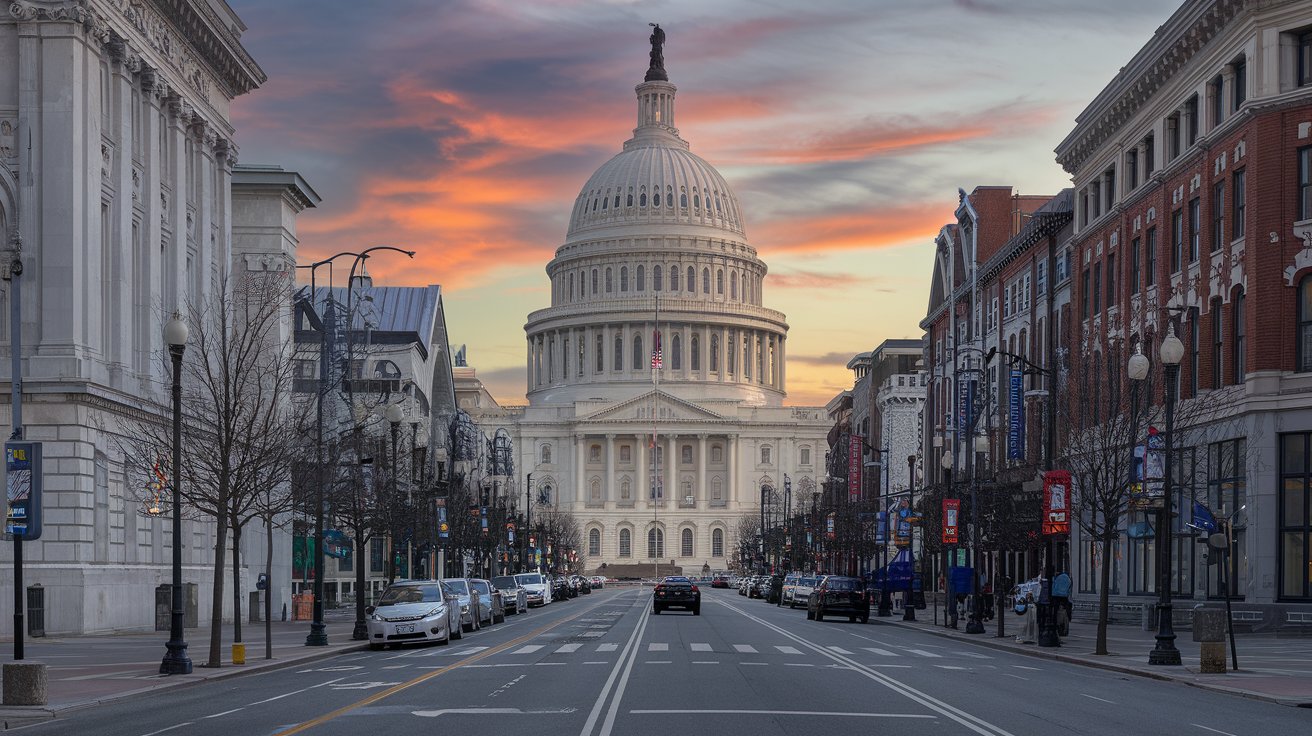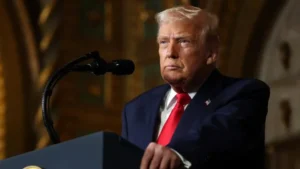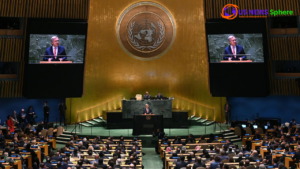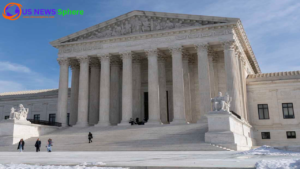The High Cost of Democracy: Analyzing the Soaring Expenses of U.S. Elections has become a growing concern as the 2024 election cycle is set to break spending records. With projections exceeding $15.9 billion, the U.S. electoral process is becoming one of the most expensive in the world. The escalating costs raise questions about transparency, fairness, and the influence of money in politics.
Table of Contents
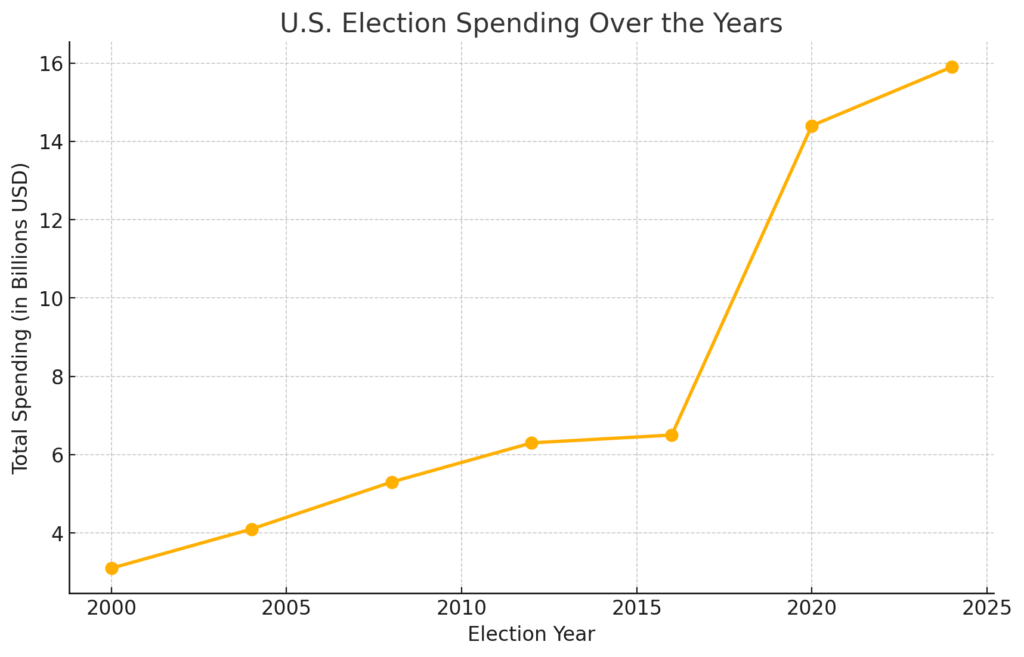
| Election Year | Total Spending (in Billions USD) | Key Factors Driving Costs |
|---|---|---|
| 2000 | $3.1B | Traditional TV ads, early digital outreach |
| 2004 | $4.1B | Growth in political consulting, targeted advertising |
| 2008 | $5.3B | Rise of social media campaigning, Obama’s record fundraising |
| 2012 | $6.3B | Super PACs emerge after Citizens United ruling |
| 2016 | $6.5B | Digital ads surpass traditional TV spending |
| 2020 | $14.4B | Pandemic-driven digital campaigns, increased Super PAC spending |
| 2024 | $15.9B (Projected) | Unprecedented corporate donations, record-breaking digital ad budgets |
Understanding the Rising Costs of U.S. Elections
The cost of running for office in the U.S. has dramatically increased over the decades. Several factors have contributed to this:
| Factor | Explanation |
|---|---|
| Extended Campaign Periods | U.S. elections last longer than those in most other democracies, increasing expenses. |
| Super PACs and Dark Money | Corporations and unions can now contribute unlimited amounts, increasing financial influence in politics. |
| Advertising Costs | Digital and traditional media spending is at an all-time high, exceeding $10.7 billion in 2024. |
| Big Donors & Lobbyists | Wealthy individuals and companies contribute vast amounts, shaping political discourse and priorities. |
| Rising Cost of Polling & Ground Operations | Polling firms, rallies, voter outreach, and campaign offices require significant funds. |
How Are Elections Funded? A Breakdown
Understanding where the money comes from in U.S. elections can help shed light on its impact:
Public vs. Private Funding
- Public Funding: Presidential campaigns used to rely on taxpayer-funded grants, but most candidates now opt out due to spending limits.
- Private Donations: Individual donors, corporations, and political action committees (PACs) play a massive role in campaign financing.
- Super PACs & Dark Money: Super PACs can raise and spend unlimited amounts from undisclosed sources, influencing elections significantly.
The Consequences of High Election Costs
The increased cost of elections has significant consequences on the political landscape:
1. Limited Candidate Accessibility
- Candidates without substantial financial backing struggle to compete, limiting diverse representation.
2. Potential for Corruption
- Politicians may prioritize the interests of their biggest donors over the needs of ordinary voters.
3. Public Distrust in the System
- When voters see money dominating politics, trust in democracy declines, reducing voter turnout and engagement.
Solutions to Reduce Election Costs
Reforms can help curb rising expenses and make elections more equitable:
| Reform Proposal | Potential Benefits |
| Publicly Funded Elections | Reduces dependency on corporate donors and levels the playing field. |
| Spending Limits | Prevents excessive campaign costs and encourages more issue-based campaigns. |
| Transparency in Donations | Full disclosure of donations ensures voters know who is funding campaigns. |
| Shorter Campaign Periods | Limits unnecessary spending and allows for more policy-focused discussions. |
Conclusion: The Future of U.S. Elections
If left unchecked, the cost of U.S. elections will continue to rise, further concentrating political power in the hands of wealthy donors. The 2024 election cycle’s projected $15.9 billion spending signals the urgent need for campaign finance reforms. Ensuring a more accessible and transparent electoral process is essential for a fair democratic system where all voices are equally heard.


